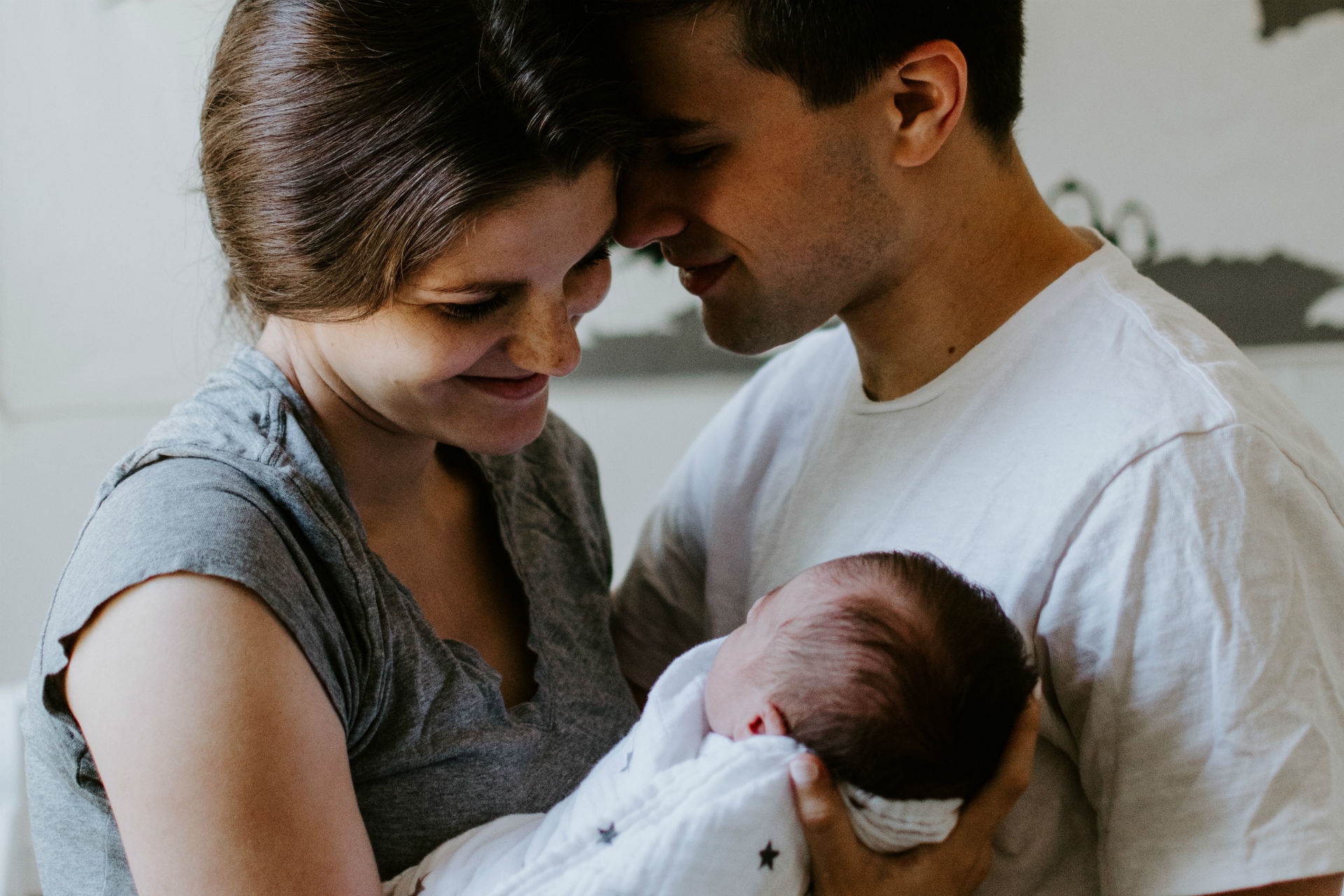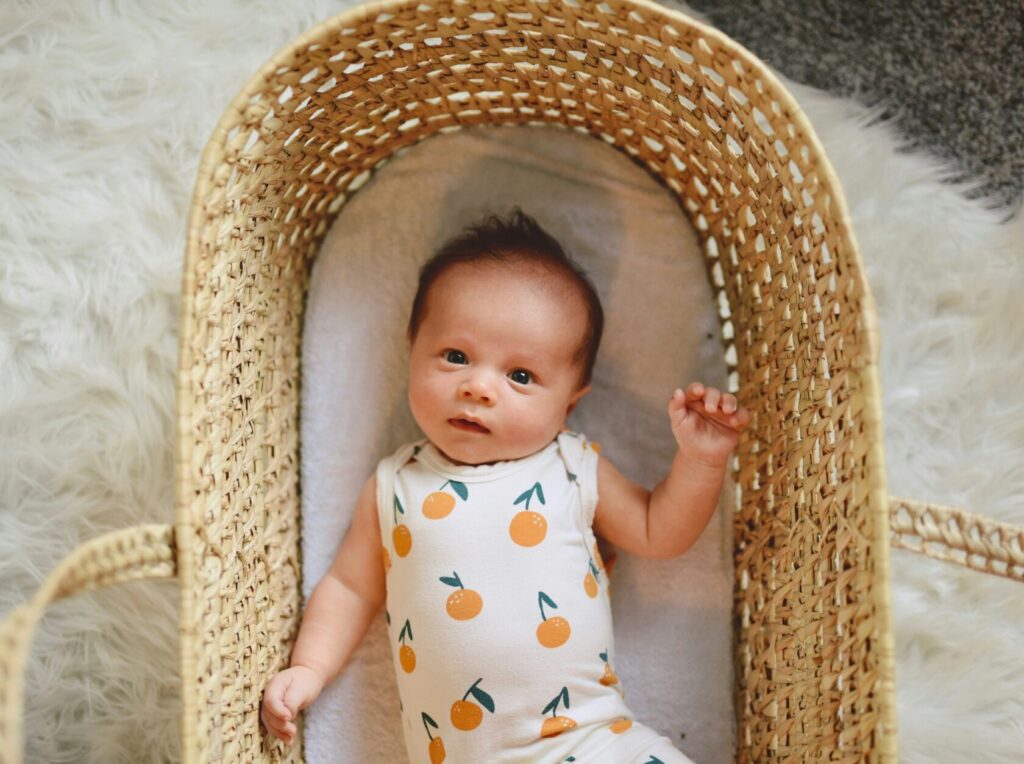From who’s taking parental leave to how you plan on handling household chores once you’re a family of three, there’s plenty to discuss before adding to your family. Read on for five of the most important (and common) conversations to have with your partner when you find out you’re expecting. (Pro tip: The earlier you bring up these topics, the better!).
Becoming parents is a life-changing experience for a couple and, from the moment that second line appears on your test, you might feel your relationship shift. It’s no longer just the two of you—there’s someone else to factor into decisions now. It’s an exciting time, but also one that demands significant adjustments. Having these tough conversations before you get pregnant is ideal, but at the very least, tackle these topics before baby makes three. It’s a lot easier to have a productive conversation when you’re not knee-deep in diapers and covered in spit-up.
1. What are we doing about maternity/paternity leave?
While it’s often assumed Mom will be baby’s primary caregiver for the first year of their life, dads are now stepping up and taking on more of the baby care. Will your partner take some parental leave? How long will each of you be at home?
2. How will we divide up housework and chores?
Once the baby arrives, you may find that your household that once ran like a well-oiled machine becomes, well, in need of more frequent oil changes. Who will take on the cooking, the dishes, the piles (and piles) of laundry? Consider your feelings about outsourcing help. If you or your partner are against hiring someone to clean your house, for example, decide who will handle which chores.
3. What about childcare?
This is a biggie. As soon as you learn you’re expecting, research childcare in your area and find out how early you need to get on their waitlist. It’s also a great time to talk to your partner about the factors most important to you when it comes to choosing childcare. Are you more comfortable with a home daycare or a centre? What is your childcare budget and does it match your wish list?
4. How involved will our extended families be?
Some people grow up with very tight-knit families, and it feels like a no-brainer to have grandparents, aunts and uncles in their everyday lives. But this isn’t the case for everyone. Talk about how much involvement you’d like from relatives on both sides, both in the days after your baby arrives and in the coming years.
5. How will our parenting styles mesh?
Of course, you can’t know exactly the type of parent you will be until you’re in the thick of it, but you probably have a pretty good idea of the kind of mom or dad you want to be. Talk about this as early as possible. This will open the door to conversations about things like sleep training, baby-wearing, attachment parenting, etc. for your newborn, and can even lead to longer-term chats about discipline styles, routines, education preferences and more.











